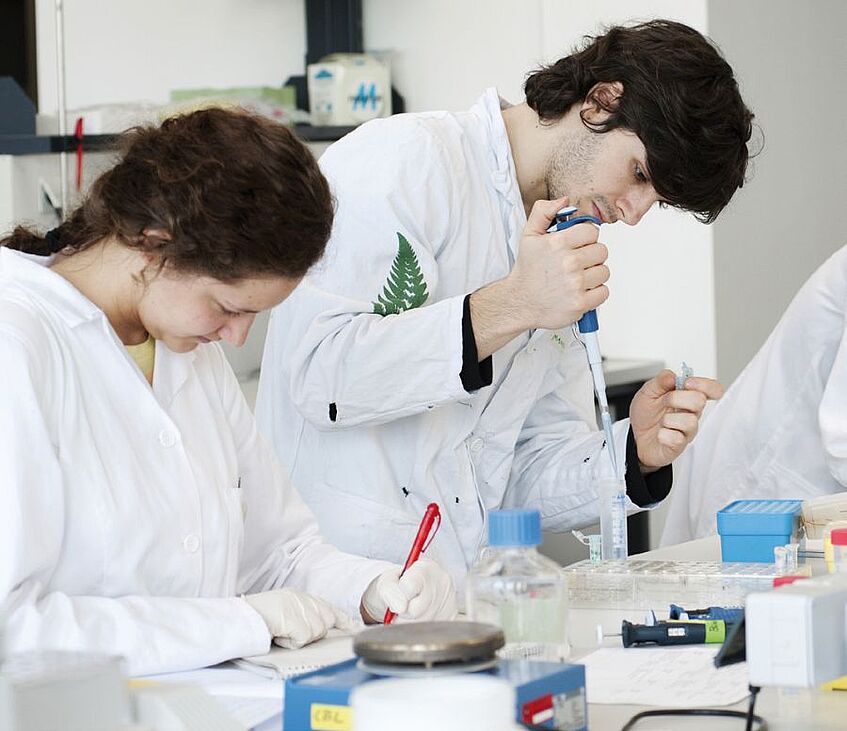Evolutionary Anthropology (Master)

The master’s programme in Evolutionary Anthropology aims at providing a comprehensive academic education in the discipline and in at least two of the following specialisations: human evolution, human behavioural biology, human ecology, as well as the life history of Homo sapiens and its phylogenetic predecessors. Graduates are able to apply and interpret quantitative methods correctly in an academic context and are well-informed about current controversies in anthropology.
Master of Science
Degree Programme Code: 066 827
4 semesters / 120 ECTS credits
Language: German
NO entrance examination
Facts & Figures
- Students: n.a.
- Graduates in the last academic year: n.a.
- Number of semesters needed for graduation (median): n.a.
Data updated on: 03.12.2024
Attention
Instruction Language German
Please note that the instruction language of this programme is German. To start the degree programme, you need to hold a certificate of German proficiency on C1 level.
Admission procedure
Information about the admission procedure
Information on Previous Studies:
In any case eligible degree programmes at the University of Vienna:
Getting started
Study Programme
The master’s programme consists of compulsory modules and elective modules, a master’s thesis and a master’s examination: a group of compulsory modules covering the basics of anthropology, and practical training in anthropology; a group of elective modules (students have to select 2): Human Evolution, Human Behavioural Biology, Human Ecology, Human Life History, Quantitative Methods in Anthropology and Biometry; and the compulsory module Individual Specialisation. To complete the programme, students have to write a master’s thesis and pass a master’s examination.
Five concepts
which you will deal with during your studies:
- Human evolution
- Human ecology
- Life history research
- Behavioural biology
- Biometrics
... and many more.
Overview of the programme structure & topics
Here you find the current offer of courses for this programme to gain better insight into the topics and structure. For more information please click on the respective level.
After Graduation
The acquired competences enable graduates of the master’s programme to pursue a career in the following occupational fields:
- academic work at universities, museums, collections and private research institutions
- independent participation in research projects and research documentation
- leading positions in private research and science management
- counselling activities in the research sector
- archaeological monument conservation (excavation planning, work and management)
- medical and pharmaceutical research
- leading positions and scientific services in public administration on a national or international level.
Graduates' Perspective on the Degree Programme
Graduates ...
- say that this degree programme receives the grade: 1.9 (good)
- rate the level of difficulty as: 3.2 (appropriate)
→ These results are based on feedback from 18 graduates.
*You can find further assessments of the degree programme from its graduates’ perspective in the graduate survey of the master's programme in evolutionary anthropology (in German).
Graduates ...
- find employment within 3 months after graduation on average.
- earn an average of € 2,951 (women) and € 3,262 (men) gross per month within three years after graduation.
- work full time at a percentage of 69% (women) and 60% (men) within three years after graduation.
*You can find further information on career entry and career paths in the tracking of graduates "MA Biology".
